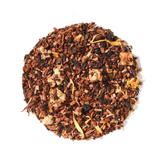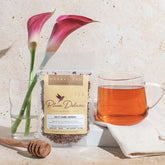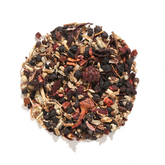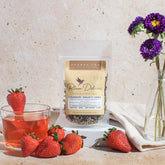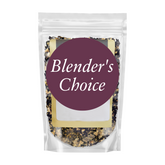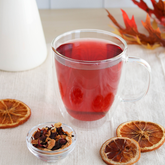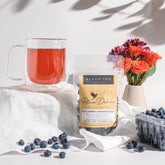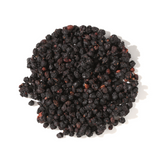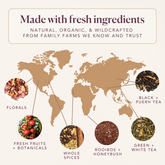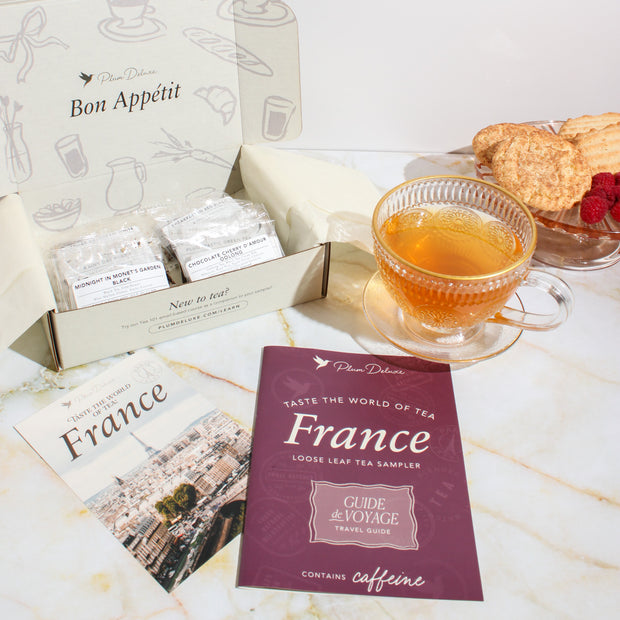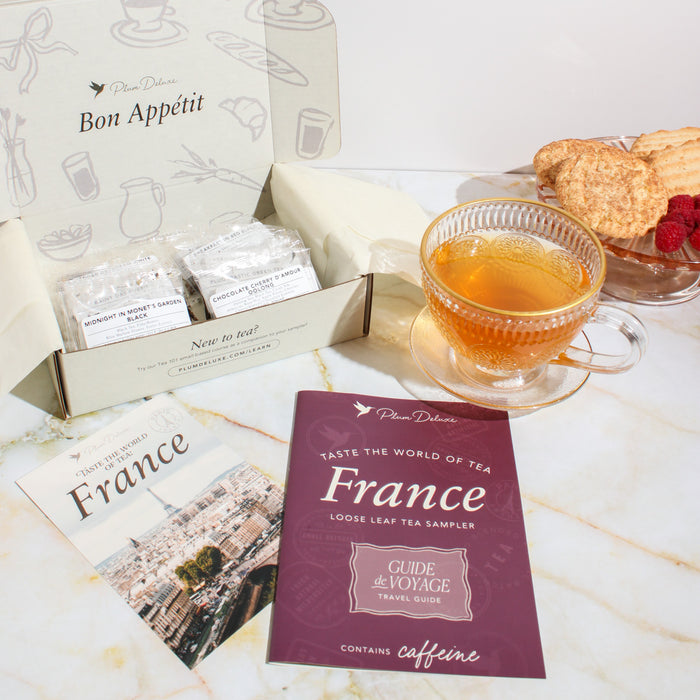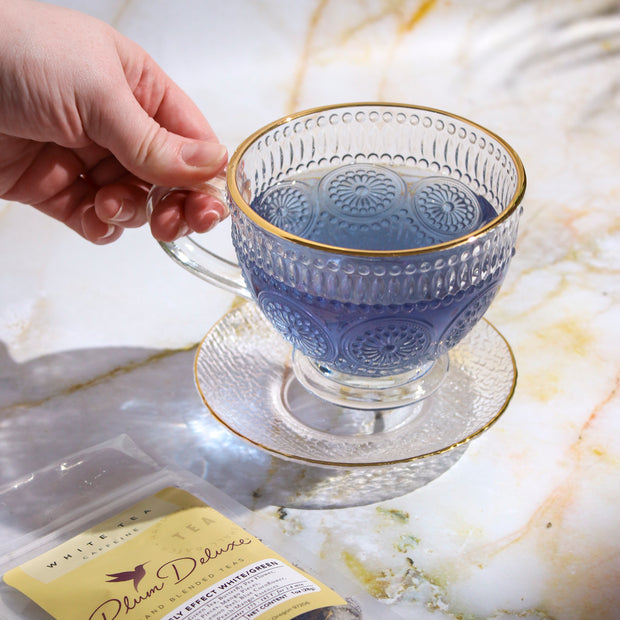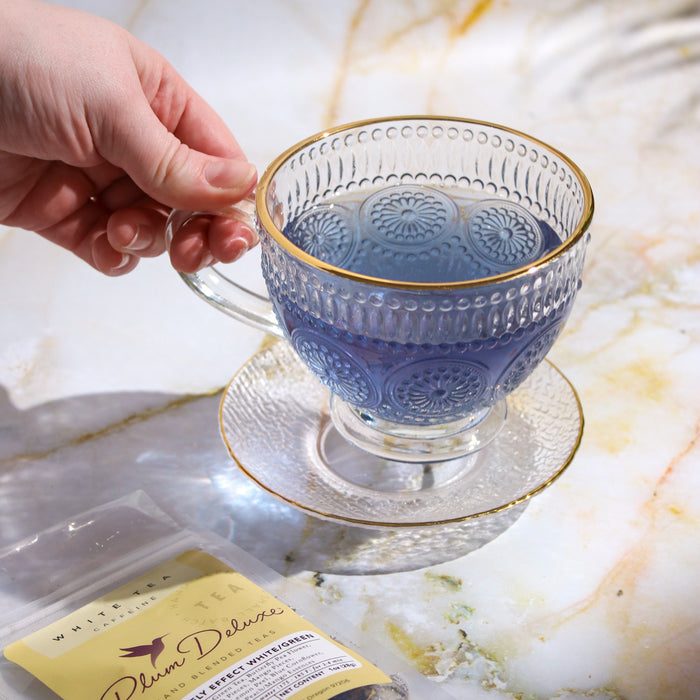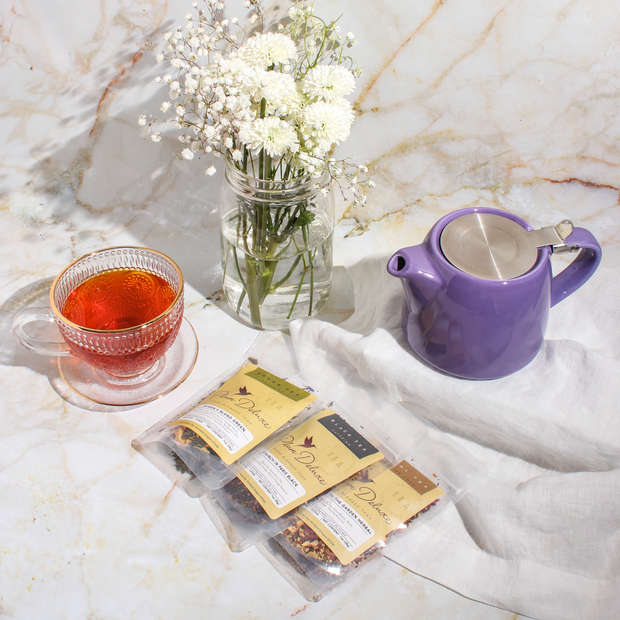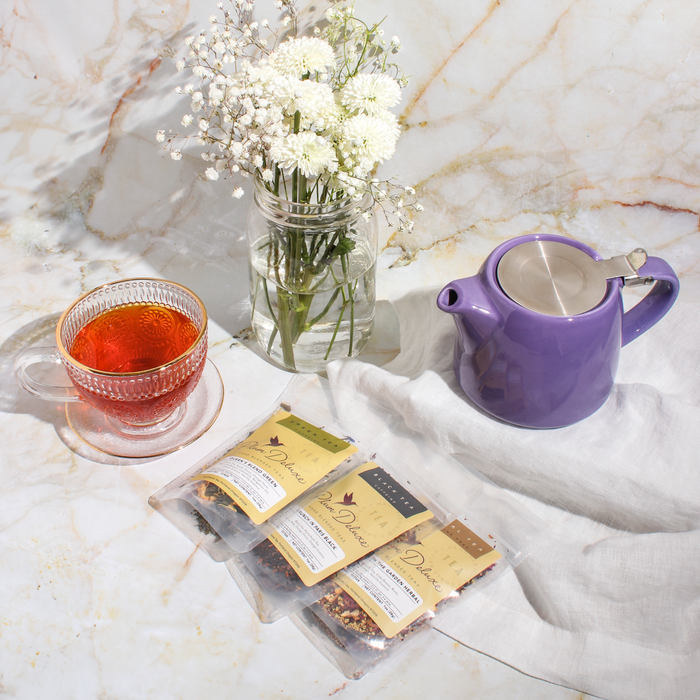
Stevia
You’ve no doubt seen stevia branded as Truvia or Stevia In the Raw, but what is it? Stevia is extracted from the leaves of stevia rebaudiana, a plant that originated in South America (the Guarani peoples have been using it for over 1,500 years now, so the rest of us are a little late to the game). It has no calories, rates a big, fat zero on the glycemic index, and is up to 150 times sweeter than sugar. The only downside is that it can have a slightly bitter aftertaste.
You can buy stevia in its common powdered form, or you can grow your own plant and add a leaf to your morning tea while it steeps. I’ve been known to pull leaves off my stevia plant and nibble on them for a sweet treat while gardening.

Maple Syrup
Canadians and raw foodies have been on board with maple syrup for a long time as a natural source of sweet. (Plus, it’s perfect on pancakes!) Its evaporated and crystallized form was preferred by many First Nations and Native American peoples and is still around today for folks looking for a non-liquid sweetener.
This delicious sap from red, black, and sugar maple trees is lower in sodium and higher in calcium than honey. It also boasts high contents of manganese and zinc, which help to boost the immune system, as well as several of the essential B vitamins, vitamin A, and niacin. Maple syrup and maple sugar have a glycemic index of 54.
When shopping, be sure to look at the ingredients list; most supermarket brand maple syrups are actually flavored corn syrup. You want the first -- and only -- ingredient to be, uh, maple syrup.

Coconut Palm Sugar
Wait, what? I thought we were leaving sugar off this list! Technically, I guess we’re not. For those who just can’t live without sinful levels of sweetness, coconut palm sugar (sometimes simply labeled as coconut sugar) might be your new best friend.
Coconut sugar is made from the sap of the coconut palm tree. It rates only 35 on the glycemic index, while its sugar cane-based cousin rates 60-75. Along with its low level of fructose, coconut palm sugar has trace amounts of essential vitamins and minerals -- not enough to skip your veggies, by any means, but certainly more than regular sugar. It also has small amounts of antioxidants.
Photo Credits: Flyingbikie, deegolden, and subhadipin.
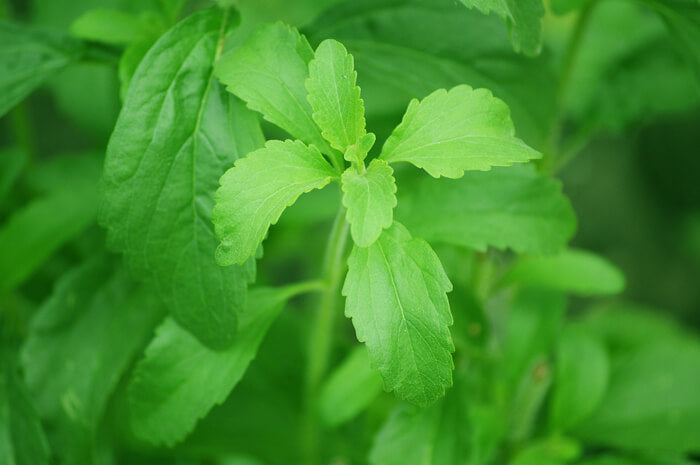
![Spring Tea Variety Pack [6-Pack Variety of Flavors]](http://www.plumdeluxe.com/cdn/shop/files/night-blooms-variety.jpg?v=1709167159&width=165)


